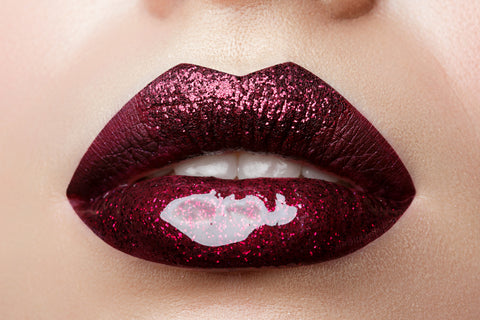Fragrance in cosmetics

How to Determine if a Fragrance Product Is Subject to Cosmetic Regulation
According to the legislation, a product is considered a cosmetic if it is meant to be applied to a person's body to increase their attractiveness. Here are some examples of scent items that fall within the cosmetics regulations:
- Perfume
- Cologne
- Aftershave
Other goods including body lotions, shower gels, shaving creams, and shampoos frequently contain fragrance compounds. Even some items with the label "unscented" may include aroma components. This is due to the possibility that the producer just included a small amount of fragrance—not enough to give the product a distinct scent—to cover up the disagreeable smell of other chemicals.
- Easing muscle aches
- Soothing headaches
- Helping people sleep
- Treating colic
The Consumer Product Safety Commission oversees a wide range of additional goods that might include scent components but are not applied to the body. Here are a few instances:
- Laundry detergents
- Fabric softeners
- Dryer sheets
- Room fresheners
- Carpet fresheners
The intended use of a product may be determined by label claims, advertising slogans, consumer expectations, and even some ingredients.
“Essential Oils” and “Aromatherapy”
Although there is no regulatory definition for "essential oils," the word is widely used to refer to particular plant oils. Plant-derived ingredients are treated the same as those derived from other sources under the law.
"Essential oils," for example, are often utilized in "aromatherapy" goods. A drug is a product that is designed to treat or prevent disease, or to influence the structure or function of the body.
A massage oil intended to lubricate the skin is also a cosmetic. However, if a massage oil claims to ease aches or relax muscles in addition to the action of the massage, it is a drug, or maybe both a cosmetic and a drug.
Safety Requirements
Cosmetic fragrance ingredients must meet the same safety standards as other cosmetic ingredients. The law does not need FDA approval before they are placed on the market, but they must be safe for consumers when used according to labeled guidelines or in the manner in which they are commonly used. Companies and people who produce or sell cosmetics have a legal obligation to ensure that their goods are safe and appropriately labeled.
Fragrance Allergies and Sensitivities
Even if some components in cosmetics, food, or other items are harmless for most people, some people may be allergic or sensitive to them. Some fragrance formula components have the potential to trigger allergic responses or sensitivities in some persons.
The FDA has no the legal authority to impose allergy labels on cosmetics as it does on food. If you are concerned about fragrance sensitivity, you should choose fragrance-free products and carefully read the ingredient list. If customers have any questions, they can contact the company directly.
Source
This article is based on an article by fda.gov

